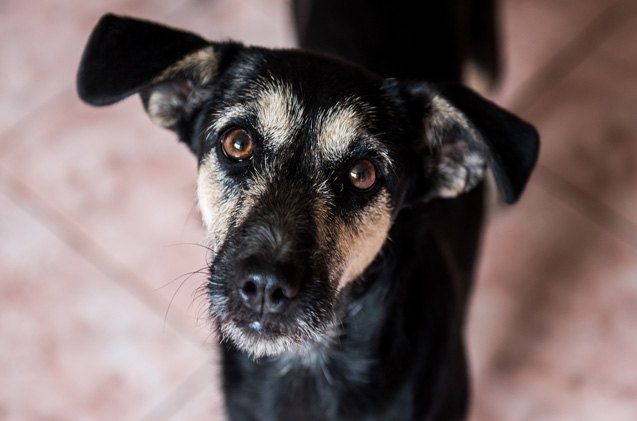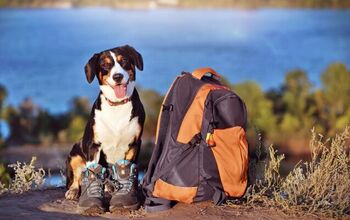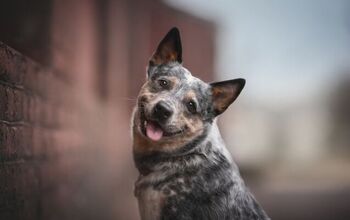Is Your Anxiety Contagious to Your Dog?

Anxiety disorders affect more than 40 million adults, making them the most common form of mental illness in the United States. As common as it is, anxiety is highly under-treated simply because many people fail to seek treatment. If you think that you are the only one being affected by your anxiety, think again – it could be affecting your dog as well. Keep reading to find out how.
Related: How To Spot True Separation Anxiety in Your Dog
Can Dogs Get Anxiety? What Does it Look Like?
While your dog probably doesn’t have a big business meeting to prepare for or a visit from his mother-in-law to worry about, that doesn’t mean he isn’t capable of being anxious. Anxiety is a natural reaction to stress in both humans and animals so, yes, your dog can get anxiety. But what does anxiety actually look like in dogs? Here are some symptoms:
- Increased vocalization (frequent barking, whining, or howling)
- Increase in aggressive behaviors
- Frequent submissive behaviors (showing his belly)
- Increase in clinginess
- Shaking or trembling
- Having accidents in the house
- Self-mutilating behavior (licking or chewing at the skin)
Any sudden change in your dog’s behavior could potentially be due to anxiety. This means that you need to spend enough time with your dog to know what is “normal” for him. If you notice a sudden change in your dog’s behavior, you might want to take him to the vet.
Related: 5 Stress-Free Ways To Deal With Dog Separation Anxiety
How Do Dogs Become Anxious?
Dogs have a way of knowing when their owner is in pain. Think about a time when you were hurt or upset – how long did it take for your dog to come find you and offer his companionship? Dogs are very sensitive to human emotions and, in some cases, they start to take on those emotions themselves. This sometimes happens with anxiety. Your dog looks to you for cues on how to react to the world.
To give you an example, consider the process of socializing a puppy. In exposing the puppy to as many new things as possible, you are teaching him that the world is a fun and exciting place. Even if he is a little nervous at first, he’ll see that new things don’t hurt and this helps him develop into a well-adjusted adult dog. Now, if you went through the same process but you coddled your puppy each time he got nervous, you would be teaching him that he was right to feel that way and he would be nervous the next time he was faced with that same experience.
This is how your anxiety is contagious to your dog. When you project feelings of anxiety, nervousness, and fear, your dog will pick up on those feelings. He may not understand what they are or why they are happening, but it may cause him to become more nervous and fearful. Your anxiety can affect your dog in other ways as well, interfering with your ability to care for him, take him for walks, or even spend much time playing with him.
Anxiety disorders are no laughing matter. If you’re struggling with anxiety, talk to your doctor about treatment options. If you can’t muster the strength to do it for yourself, at least do it for your dog.

Kate Barrington is the loving owner of two cats (Bagel and Munchkin) and a noisy herd of guinea pigs. Having grown up with golden retrievers, Kate has a great deal of experience with dogs but labels herself a lover of all pets. Having received a Bachelor's degree in English, Kate has combined her love for pets and her passion for writing to create her own freelance writing business, specializing in the pet niche.
More by Kate Barrington























